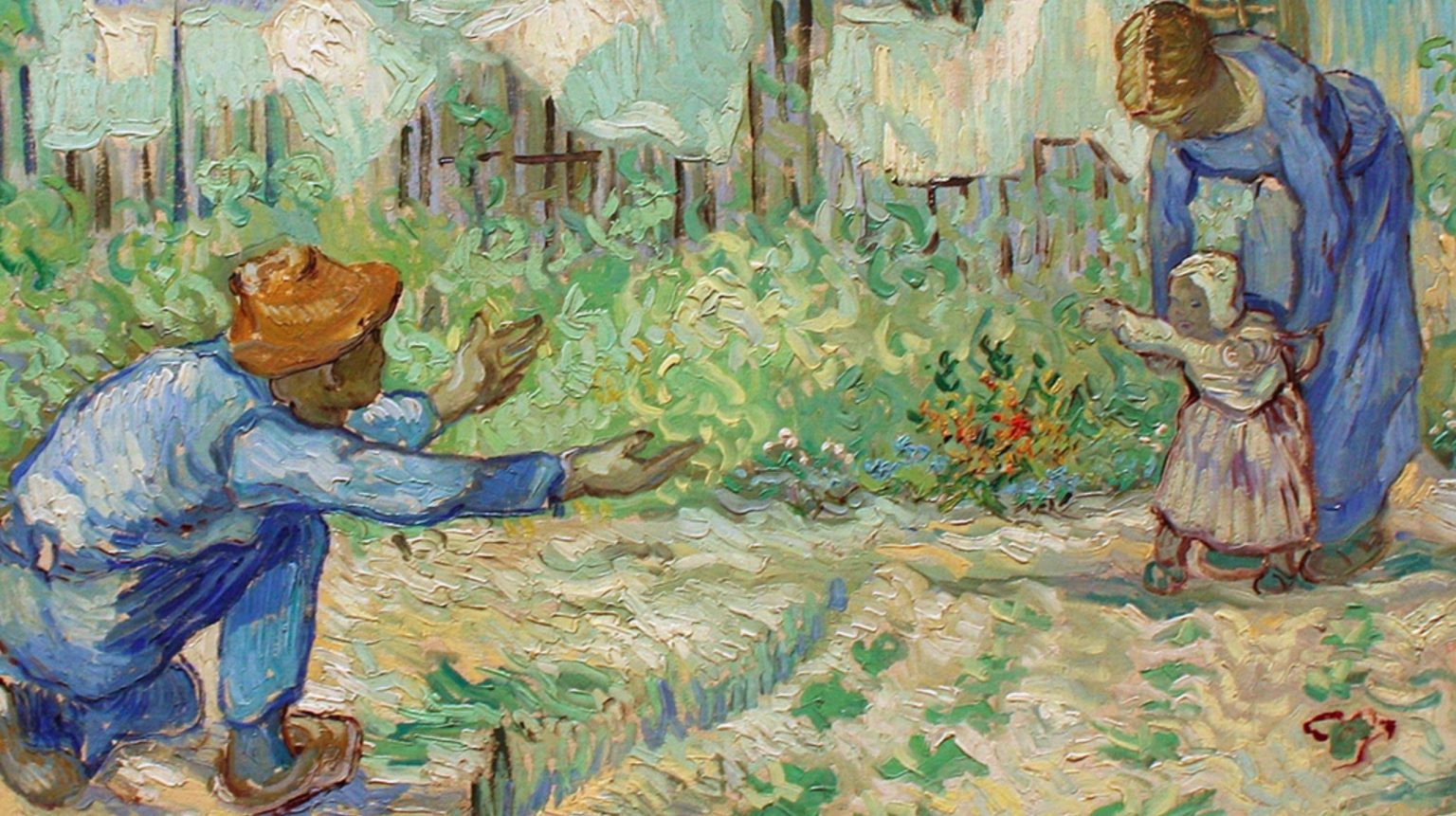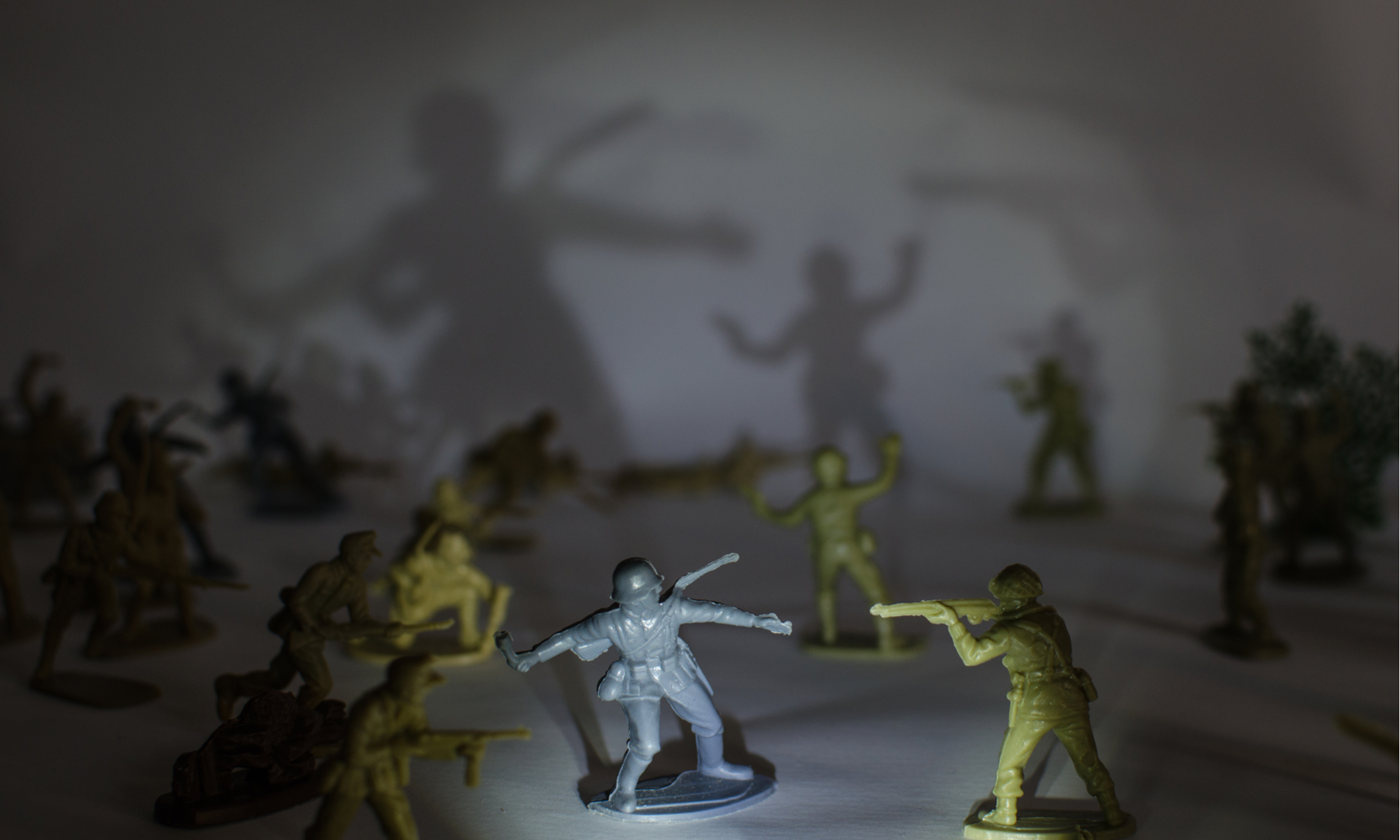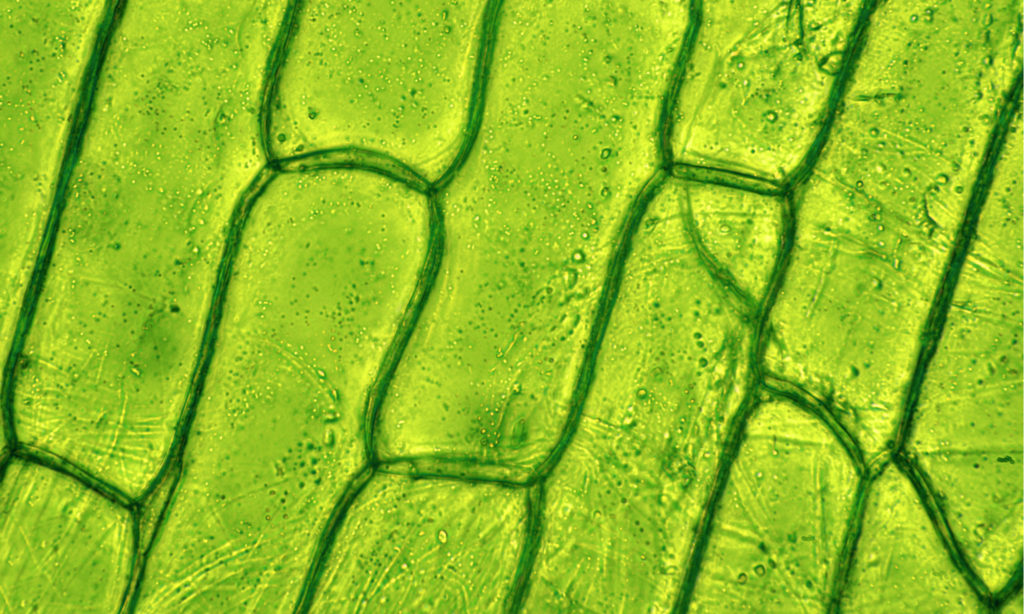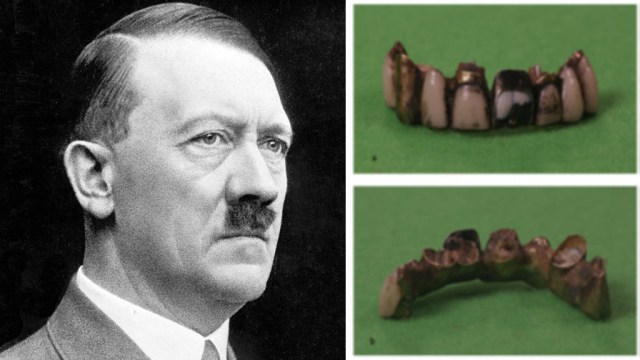The wisdom of collaboration
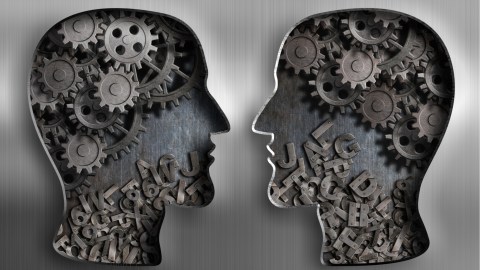
Don’t tell science and religion they shouldn’t be meeting like this. At least, don’t tell Agustín Fuentes and Celia Deane-Drummond, an anthropologist and theologian, respectively, at the University of Notre Dame. Because they’ll just brush that notion aside and forge ahead with some of the most interesting cross-disciplinary research around.
Those “lines of convergence and divergence” particularly energized Deane-Drummond and Fuentes as they dove into this research together in a spirit of collaboration not often seen between disciplines. But Deane-Drummond already had a doctorate in biology, so was already speaking a language that anthropologists understood. And as an anthropologist, Fuentes was already interested in the evolution of human behavior, which of course would include the development of wisdom.
ORBITER discussed the new book, and the research behind it, with Fuentes, who recently delivered The Gifford Lectures and is now writing a book based on them, and Deane-Drummond, director of Notre Dame’s Center for Theology, Science & Human Flourishing.
ORBITER: Let’s start by asking how each of you got interested in your respective fields?
Celia Deane-Drummond: I started dabbling in theology as a post-doctorate fellow at the University of British Columbia, where I met people who thought about their own religious beliefs in a more careful way. I wanted to try to understand where that belief came from, and what it was all about, because I knew virtually nothing about the intellectual basis for my faith.
I already had a doctorate in plant physiology, so I got interested in the study of theology and the relationship between faith and science—and why they seemed at times at loggerheads. As a scientist, I didn’t divide my work from my religious beliefs, but I recognized that there were others who found problems in matching the two up.
My interest in the study of wisdom came about gradually as I thought about the interrelationship between theology and science. That interest drove me into thinking through wisdom issues, and I decided it was worth dedicating a significant amount of my time and energy to. And that eventually led to questions about where wisdom came from.
Agustín Fuentes: I was always interested in what makes things tick. My interest in anthropology came as an undergraduate career, studying biology and zoology. I took a course in anthropology and realized there is a space to integrate things about human behavior, human history, human culture, human language, and biology writ large—and not just humans, but across the biological and ecological world. That’s when I picked up anthropology and ran with it.
I was broadly trained in the biological sciences, and then the addition of ethnographic and historical context allowed me to draw everything together. So, in anthropology you study people, monkeys, the relationship between people and dogs, ecosystems, and the last 2 million years of history—all in the same space. I found that extremely attractive, and it sits well with my broad interest in what makes us tick.
This concept of wisdom then becomes very important, because it acts as an incredible locus for interdisciplinary engagement—thinking about the social complexities, the cognitive behavior of people, and the intellectual component of what we might call wisdom and how that impacts the ways in which humans have lived.
How did the book come about?
Fuentes: The book is just one small piece of multiple threads of overlap, between Celia and I and a number of other researchers. It’s emerged from a broader research project, both the evolution of human wisdom but also this broader notion of a discourse and dialog that combines theological, biological, and anthropological perspective.
Deane-Drummond: I kind of discovered anthropology through Agustín’s work, and I found it incredibly exciting because here at last was a science that also was interested in humanities. I was interested in anthropology’s different aspects—species relationships and hominid evolution and so on. Sometimes I think that if I had had my time again I would have become an anthropologist.
The book makes a big deal about bringing two disciplines together for the common goal of learning more about wisdom. Tell me more about that.
Deane-Drummond: Agustín is building these broader, interdisciplinary relationships, and it’s important. Within theology, engaging with the sciences is often considered a kind of sideshow, but evolutionary anthropology is very much what needs to be done—looking at cultural and biological aspects and working out ways to bring them together. I actually thought about trying to work on the evolution of human wisdom, even before I came to Notre Dame. When I came to Notre Dame and met Agustín, I thought we had something potentially interesting to work through. The driving question here was, “Where on earth did wisdom come from?” Anthropology has the tools to help answer that. That’s why it became interesting to me, that theological issues can trigger new and slightly different ways of thinking about the sciences. It means that theology is no longer a Cinderella subject; now it’s theology inspiring new science, or at least slightly different questions in science.
Fuentes: This is really important. Celia and I were lucky enough to get together at the Center of Theological Inquiry (CTI) some years ago around an inquiry on evolution in human nature. A spectacular group of theologians, anthropologists, and biologists sat together and thought through our own projects and being influenced by one another. What emerged is this clear opportunity for the kind of intellectual investments of theological and anthropological inquiry to sort of cross-fertilize and influence one another because they overlap so much—even the broad questions about being human. That interphase allowed us to broaden the ways in which we ask questions and the ways we examine the different kinds of data that we all brought to bear.
And then Celia had the opportunity to take that further with a group of post-doctoral scholars and graduate students who really offered an intellectual luxury to move in these areas, without traditional constraints and disciplinary barriers.
The popular misconception is that science and religion don’t mix, but if there were ever two disciplines where it seemed natural, it was these two.
Fuentes: Yes. What became clear to me during our time at CTI—and has clarified even more since—is this notion of anthropology and theology as sister disciplines because of the overlap of their questions. We’re talking about the academic disciplines of anthropological sciences and evolutionary theology getting together to engage in intellectual creativity. So I prefer not even to talk about science and religion, but rather anthropology and theology as intellectual endeavors.
Deane-Drummond: There’s misunderstanding by anthropologists about what theology is, even. Too many people assume that anthropologists are just trying to explain everything away and not understand the basis of religious experience. I think there’s misunderstandings on both sides. I also recognize some areas of divergence, but I respect that. But those differences are part of the interesting mix.
I was going to ask each of you to define wisdom from the perspective of each of your disciplines, but after those insights from both of you, it almost sounds like those questions are unfair, that you need to look at wisdom from both perspectives.
Fuentes: That’s exactly right. People want a specific, explicit, universal definition of wisdom, but that defies the point of wisdom as this flexible way to negotiate and interpret the world. We offer a range of generalized definitions, but are more interested in how we can look from different perspectives into the human past and present.
Deane-Drummond: Yes. People, including theologians, have tried to say, “Define! Define!” But in defining, you lose something of what wisdom is all about. If you do define it, it has to be extremely provisional, just an operating definition. People always want clarity, but the clarity of wisdom is often one in which you have to be able to think in multiple directions at once. That’s what we’ve been trying to do—to explode any preconceived ideas of a single, simple definition.
Fuentes: In the kind of anthropology I’m interested in, and the kind of theology Celia’s engaging with, the world is messy and complex and deep, and reflection is necessary. So rather than trying to find very sharp edges and reductive explanations, we’re interested in the quandaries themselves. We’re quite comfortable in allowing a lot of blurring of the boundaries.
I suppose it’s impossible, then, to look at an evolutionary timeline and point to a particular era and say, “This is where wisdom began.”
Agustín Fuentes
Fuentes: We’ve actually been researching this for a number of years. I think the problem is that everyone wants a “first,” the point of origin. But what we know is that something as complex as wisdom and those kinds of capacities evolve, and they emerge, and they’re honed and refined. So what we really want to talk about is, “What are the processes over great periods of time, by which we see evidence of some kind of emergence?”
Our project—especially with former post-doc professor Marc Kissel—has demonstrated that there is evidence of the emergence of things that reflect particular kinds of cognitive and social behaviors that we would connect with wisdom. But there’s no single first instance, nor a clear point in time that we can say, this is when it shows up. But we can see over the evolution of the last million years that capacities have emerged that have come together to enable us to think, to behave, to interact, and to come together in ways that we would call potentially “wise.” (Kissel, a prof at Appalachian State University, contributed a chapter to the book titled, “What Can Anthropology Say about the Evolution of Human Wisdom?”)
Deane-Drummond: In theology, Thomas Aquinas understood that “practical wisdom” is made up of different components, including memory and foresight. Now if you have those things, it doesn’t necessarily mean you have wisdom, but they are needed elements in order for wisdom to be there. So just as you can see material evidence in the evolutionary record, you can also speculate about whether certain behavior required foresight, and if it did, you’d have a potential ingredient for wisdom. Most complex activities in evolutionary biology don’t come all at once, so why can’t there be a similar process for wisdom? You start getting certain capacities that eventually sort of coalesce. Like Agustín, I resist saying there is a point in time when wisdom started. It would be far more piecemeal than that.
Fuentes: And it’s still happening! That’s very important. These concepts of cognitive and social processes that we evoke in thinking about wisdom are ongoing and involve more than the individual and more than just the material neuron firings of behavioral interactions. There’s always emergent properties at play.
What needs to be in place before wisdom can develop? Intelligence, a moral compass, creativity, imagination?
Fuentes: The answer is yes to all of those things, but also no, because none of those things are easily disentangled from the others? The processes of wisdom are systems. It’s a dynamic process that is embodied, experienced, lived, and shared, so all of those things you mentioned are part of it. Humans have the capacity to be the wisest of all creatures. Whether we use that capacity effectively is another question.
Is wisdom one of those things that makes us uniquely human? Or do we see wisdom showing up in other species, or at least other primates?
Deane-Drummond: That’s one of the questions I had for some people who study primates, if they’ve ever seen that kind of social complexity. There’s been work on altruism, justice, and other frameworks for decision-making. I don’t think we really know whether there’s anything approaching wisdom, though I imagine that it would be rather like compassion. It’s going to be much more sophisticated in humans, because of the requirements for foresight and memory. Some sort of practical wisdom exists in animals in terms of their abilities to build complex tools and nests—but then, do you call it wisdom, or do you call it something else? I don’t think enough research has been done yet to really know. And it’s not going to be the same kind of activity as in humans, anyway.
Fuentes: That’s a great way to position it, in this context of “practical wisdom,” something akin to that shows up in other primates and complex social mammals. You can’t negotiate complex social realities without those capacities. But how does this relate to wisdom? Those are the real interesting questions, and many people studying primates are at least asking them.
Both of you have agreed with each other a lot in this interview. But during those years of working together, there must have been times you disagreed.
Fuentes: I think there are important differences in some of our background and interests, but we’re extremely lucky because both of us are very rooted in biology and have a deep training in the biological world. So we both come at this with a sense of humility, about complexity, and about the capacity to be wrong, and I think that’s enabled us to work together very effectively.
The big differences come in the specifics of some of our own interests, right? Whether it’s my interest in the specifics of cortical, cognitive functioning or bone structure, or Celia’s incredible expertise and interest in Thomas Aquinas. There have been times where those overlaps were just not there. But extreme disagreements? No. We’ve been more interested in finding out why something the other said didn’t make sense to us. That was the excitement of discovery.
Deane-Drummond: I agree. We haven’t had any quarrels. I just had a lot of fun working together. It’s been one of the highlights of being at the University of Notre Dame for me, because I have probably have more in common with Agustín, with my background in biology, than with some of my other theologian colleagues.
Fuentes: It’s her deep background in biology that really helps. If you’re an honest biologist, you have to have a lot of humility because of how complex the world is. So when you find someone else interested in undergoing the quest with an open-ended approach, it’s a joy to work with colleagues like that. And Celia’s definitely amongst the best I’ve ever worked with.
What is the most surprising thing you learned together? Any eureka moments?
Fuentes: There’s a bunch. What was most surprising for me was that there are many theologians who have developed insight into the human experience in ways that are as effective, if not more effective, than many anthropological theorists. That shouldn’t surprise me, because we’re asking a lot of the same questions. I’ve just been very surprised at how expanding my familiarity of the literature has really augmented my philosophical tool kit.
Deane-Drummond: I’ve had multiple surprises on this project. One is this idea that anthropology was able to face both ways, in a way that I find really exciting. Anthropology offers new ideas for theological reflection, which is really important, because theologians sometimes think their only viable partners are the history of tradition or the Bible, or something like that. But to find sources which are deepen our understanding of reality is essential for the field; it makes it much more grounded and able to communicate with the wider world.
Marc Kissel’s work, which discovered something like wisdom appearing really early in the evolutionary record, was really thrilling for me to see. That was completely unexpected, I thought it would appear much later, in the movement between anatomically modern and cognitively modern humans, but we find it appearing much earlier than that. That felt like a new scientific discovery, but also one that challenged rigid interpretations of the Genesis myth, of Adam and Eve. It raised all sorts of interesting theological questions for me.
Another surprise was what happened when we brought together people from various disciplines, sort of “arranged marriages” between post-docs who sometimes had difficulty understanding one other. But eventually they both said that significant involvement with each other completely reshaped their thinking about the field. So we feel we’ve spawned some thinkers that are going to be more open-minded and better in their field, whether anthropology or theology, than they would have been otherwise. We’ve sort of seeded the next generation of thinkers.
Is your work together continuing, or does the book signify an end to it?
Deane-Drummond: I’m currently writing a three-volume monograph which is triggered by much of this work. The first one is broadly on the evolution of morality and wisdom. It’s the broadest possible title of the whole trilogy, and it’s under consideration at the moment with Oxford University Press. To be honest, I couldn’t possibly have come up with this idea without working on this project together, so it has spun off into this new effort. And all sorts of other ideas.
Fuentes: I recently gave the Gifford Lectures, and now I’m writing them up into a book. Writing those lectures was heavily influenced by our collaboration. And while the grants for The Evolution of Wisdom project are ending, largely from the John Templeton Foundation, the impact—the restructuring of my cognitive framework, the kind of questions I ask—will never go away. I can’t not see collaborating with Celia in the future, because we’ve had a very good time, and it’s been intellectually extremely rewarding.
Anything we’ve missed in this conversation?
Fuentes: The last thing that I would say is that people need to move away from the science-vs-religion discourse, and think more about the interesting questions of how theological and anthropological and biological perspectives can come together, maybe not to agree, but to do good research and to think together. If that’s what we’re focusing on, the collaborations as opposed to the conflicts, I think, we’ve got a better chance at moving knowledge forward.
Deane-Drummond: I completely agree, and I think the questions that are out there are so big that we need to be able to collaborate together. We haven’t got the luxury, really, to stay in our disciplinary holes, because of the issues at hand and the interesting questions to be explored. I’d also like to say thanks to the John Templeton Foundation for backing us on this, because we couldn’t have done this without their help. May this kind of work that we’ve initiated continue, because I think it’s been incredibly fruitful, far more than we even anticipated.
The post The Wisdom of Collaboration appeared first on ORBITER.
